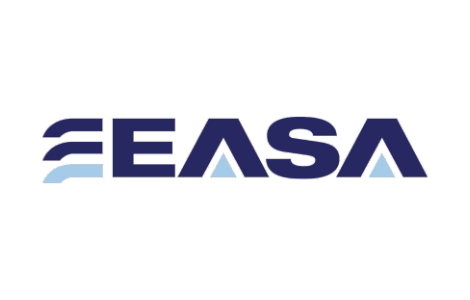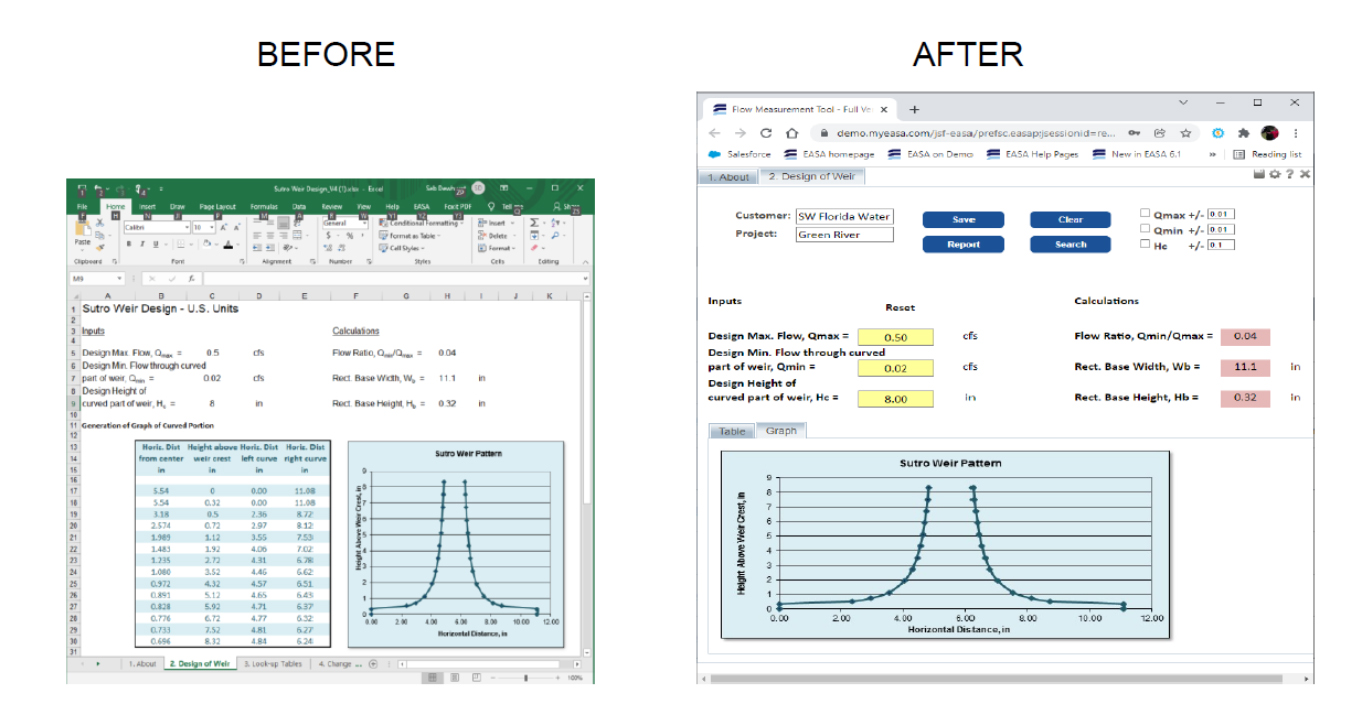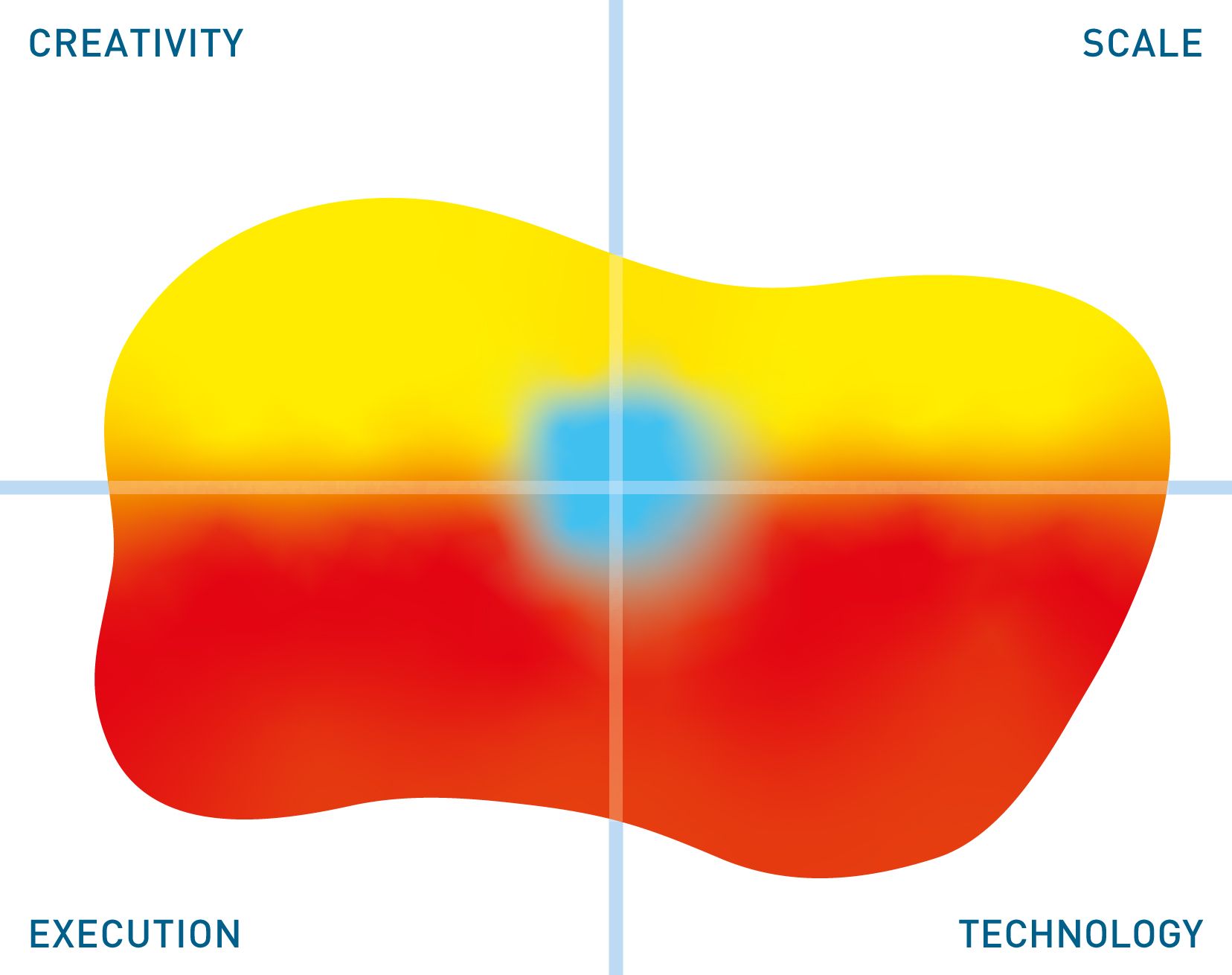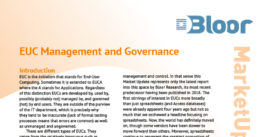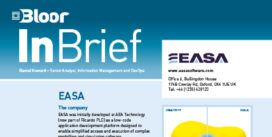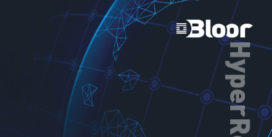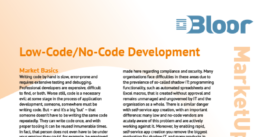EASA offers two modules: EASA Web and EASA Sheets. EASA Web is the original product, and still accounts for the vast majority of users. It enables you to create custom, enterprise-grade web applications built around your existing spreadsheets, workflows, and other End User Computing (EUC) models. This works, in essence, by capturing the processes that surround any given model, then encoding them into the resulting web app along with the Excel model itself. The end result is that you can expose your models for business use while enjoying several benefits: for instance, your models no longer need to reside on your local device, but can be accessed and run via a web browser; complex models can be accessed using a simple, business-friendly interface; and your models (and particularly your spreadsheets) can be exposed without allowing them to be copied or altered. Moreover, EASA Web enables you to do this without having to write any computer code, meaning you do not need to be a programmer to use it. In this sense, it could be described as a low- or no-code platform, although in practice it is largely in a class of its own. In fact, to our knowledge, there are no competing products that will directly incorporate your existing assets and models in the same way as EASA Web.
In short, EASA Web is an effective tool for building out your most complex and important spreadsheets, as well as various other models, into full-blown web apps, and is vastly faster than hand-coding the same. On the other hand, it will still probably be overkill for many of the spreadsheets within your organisation. This is where EASA Sheets comes in. EASA Sheets is essentially a specialised, web-based launcher for Excel that provides ease of deployment and access while still giving you centralised control of your organisation’s assorted spreadsheets. This carries over some key benefits from EASA Web – most notably, although spreadsheet models are opened and run on the user’s machine, they cannot be saved locally – but trades the customised interface (as well as some security and a few other miscellanies) for an even lower barrier of entry than EASA Web. This makes it ideal for deploying to your spreadsheets en masse, perhaps as part of an intermediary stage before full EASA Web adoption.
Customer Quotes
“EASA has defined itself as the perfect complement to Excel; no longer shall the computational power of Excel be marooned on a desktop, available only to expert users.”
Vincent Page, Technical Solutions Manager, Hyde Marine
“EASA is the only tool we were able to find that can fully address the Governance, Risk and Compliance issues of spreadsheets.”
Grant Donnell, Application Landscape Manager, LeasePlan
“We have used EASA to build CPQ tools which consolidate dozens of processes across our business. As a “citizen developer”, I can publish my own apps without relying on IT. The ability to put a wrapper around a pre-existing spreadsheet is also attractive – you don’t have to code any logic.”
Nick Seagrave, Pricing Manager, Ingersoll Rand

